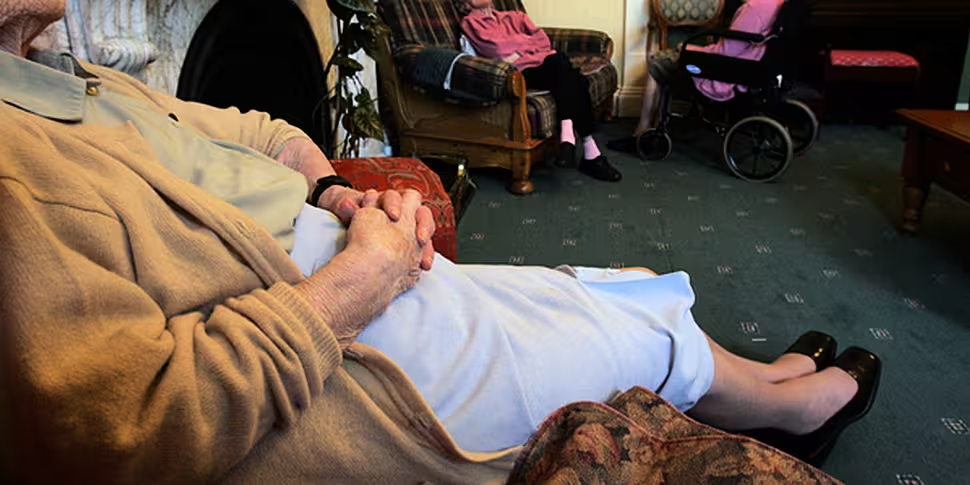The Health Protection Surveillance Centre (HPSC) says there are now 302 clusters of COVID-19 in residential care settings.
While 179 of these are in nursing homes.
A cluster is defined as three or more confirmed cases in one location within a 72-hour period.
Of the 769 deaths in confirmed cases, 412 are associated with residents of residential care settings - 348 of which are in nursing homes.
But the HSE says more people are recovering from from the virus in nursing homes.
The executive's group lead for older people is Dr Siobhan Kennelly: "Far more people recover than die from COVID-19 in nursing homes - it's important to say that.
"The mortality is higher we know than in the general population, simply because of the frailty and vulnerabilities of some of the population within that care setting.
"But there are far more people who recover than die from COVID-19 in nursing homes".
Figures show 49 further people diagnosed with COVID-19 died in Ireland on Wednesday with 631 new cases.
There is now a total of 16,671 confirmed cases here.
Today’s data from the HPSC, as of midnight on Monday, reveals:
- 56% are women and 44% are men
- The median age of confirmed cases is 48 years
- 2,387 cases (15%) have been hospitalised
- Of those hospitalised, 322 cases have been admitted to ICU
- 4,393 cases are associated with healthcare workers
Dublin has the highest number of cases at 7,905 (50% of all cases), followed by Cork with 1,077 cases (7%).
Of those for whom transmission status is known: community transmission accounts for 61%, close contact is 35% and travel abroad accounts for 4%.
Dr Tony Holohan, Chief Medical Officer, said: "Testing is a key element to Ireland’s response to COVID-19.
"NPHET has consistently highlighted the importance of testing so that we can track the spread of the disease, reduce and contain its spread.
"As part of understanding the testing landscape, NPEHT requested that HIQA undertake a Health Technology Assessment of alternative diagnostic testing methods for detecting COVID-19."









